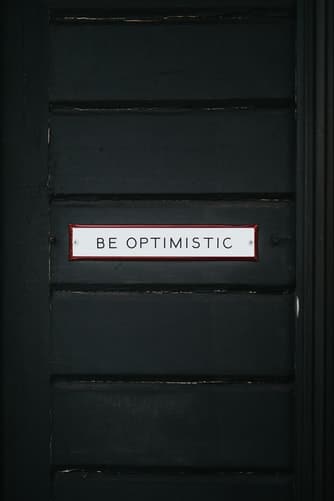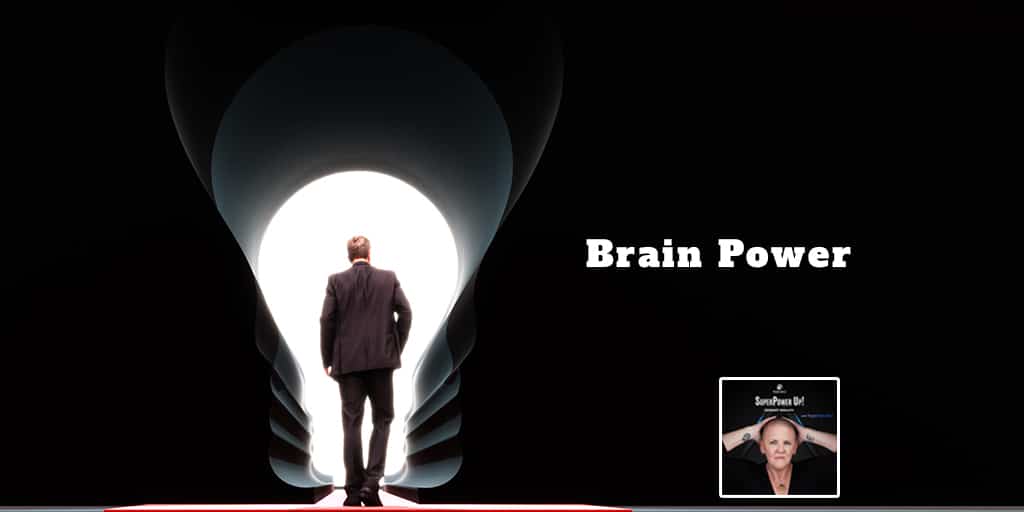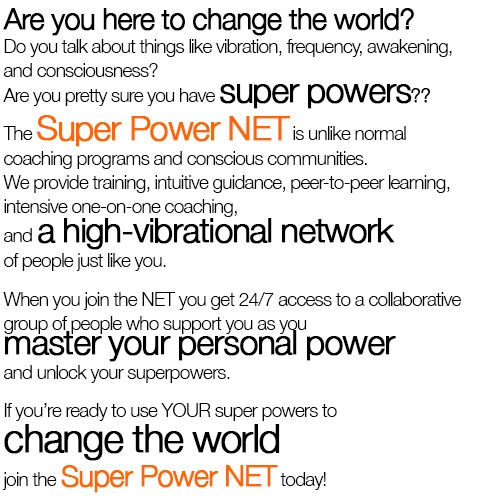
Hello, everyone. This is Tonya Dawn Recla, your Super Power Expert, and I’m so excited to have back on the show, Jerry Teplitz. He is brilliant, and we’ll put a link on the page for our previous interview so you can hear all about Jerry and what he’s up to.
And today I’ve asked him to come back on, and we’re going to talk about brain power. Right? So we all kind of get this idea that thoughts become things, and that our minds have these innate abilities and these powers that we’re just probably the scratching the surface around, and that’s phenomenal that’s entered into our collective consciousness. But so what, right? What are we doing with that? And why would we want to know that? And why would we want to use it? And what would we want to use it for?
Those are the conversations that we’re having here and that disrupt reality, and so I’ve asked Jerry to come back on so we can kind of start to bridge that conversation for you, and help you see where some of the areas are that we can focus on that kind of uplift this conversation even into a new stratosphere.
And so, Jerry, thank you so much for coming back on the show. We’re delighted to have you back.
Well, I’m delighted to be here, and by the way, my mom would love to have heard the word brilliant.
I love it. Beautiful, beautiful. So, we already know your super powers from the previous interview, and if anybody wants a refresher, they can go back and listen to that. I want to really talk to you today about, how do we take this conversation. It’s almost, at least in my words, it’s almost become superficial. Right? Like blasé, like, “Got it. Thoughts become things,” or, “Think and grow rich.”
It’s almost become this like, “Oh, drink your milk.” Right? Like we all drink the Kool-Aid, we bought into this notion, but what do we do with it? And so, from your estimation, why is this such an important con. I mean, you’ve dedicated a lot of your life’s work into this. What is it that? Why? Why is the brain so fascinating to you?

You have your own personal energy system.
Well, that’s because it’s, so we live on the earth plane here, and our brain and our bodies are crucial for functioning on this plane, and a lot of what I do is, I look at the research that’s out there and tie that into the points that I want to make for folks about how powerful they can really be. Because the notion is, from my standpoint, you have your own personal energy system. And an example of how it operates, Tonya, so now, you’re representing my audience. Have you ever had a negative day at work?
A negative day at work? No, but I have had negative moments while doing my work.
Okay. By the way, congratulations. First of all, there aren’t very many people who could say that, and most people, when they have a notion of a negative day, how do they feel at the end of it, they left feeling drained, tired, and exhausted. And then, if you ask them, “Have you ever had a very positive day at work,” and so, now, you can answer that one, Tonya.
Well, I have a positive day every day, so yes, absolutely. That’s my world.
Good, and so you leave, at the end of the day, feeling how?
Whole, expansive.
Great. And a lot of people use the word energized when I say that to an audience, and by the way, the audiences that I speak to will say, on the negative day, that they feel drained, tired, exhausted, and on a positive day, they felt up and energized. And so, all that’s very real, because negative disaster days, you’re actually physically, you’re mentally, you’re emotionally drained. You’re drained and exhausted. Positive days, you’re energized.
Now, why does that matter? Well, when you go home to your family, you’re going to have a bunch of hours of your own time. And on that negative disaster day, how are people’s relationships with their families, with their spouse, with their kids, with their loved ones in effect? They don’t have the energy for them, versus, on the positive day, you’re leaving feeling energized, and so you have the energy for those relationships and to enjoy them and to take part in them.
So that’s kind of saying that there is a real impact on that. Plus, if you look, even at work, last four hours in a disaster day, how effective are people getting things done, accomplishing what they like to see happen? And the answer is, it’s not a pretty sight out there. But on a very positive day, that’s all different, because their energy is different.
So what I’m looking at is their personal energy system and what can they do, in effect, to make the last four hours be very positive for themselves, because that’s using the mind and the body to actually create an outcome that impacts their whole life. And there’s some interesting research I can share with you on optimist versus pessimist, if you like, Tonya.
Absolutely.

There’s an actual life impact on what your attitudes are out there.
So the original study that was done in this area, one of the early studies, followed a class of Yale graduates through their entire life span. They found the people live longer, enjoyed life the most, stayed healthier for the optimist versus a pessimist.
They found optimists have three times less hypertension than pessimists, and the most positive optimist had the lowest level of blood pressure. They found optimists have 50% less cardiovascular disease than a pessimist, and if an optimist did have to go into the hospital for a heart problem, their survival rate over 15 years was 30% greater than a pessimist. And there’s also a gene for dementia, and they found, if people who have this gene, but have a positive attitude about aging, are 50% less likely to get dementia. So what I’m talking about is, there’s an actual life impact on what your attitudes are out there.
Another interesting study looked at Catholic nuns. In their teens and twenties, they had to write their autobiography, what was their life going to look like, and what they looked at were, how many positive emotional words did they use in their writings, and they found the ones who used the most positive emotional words in their writing lived 7 to 10 years longer than those who did not. Well, what I’m talking about is, there is, for each of us, an impact that we would probably not normally suspect just from having an attitude about something.
Well, I think some of that’s perpetuated by society. Right? We applaud the commiserating, we like the one-upmanship of whose got the hardest gig, and whose got the most things to feel put upon by, and those are common threads in communication in our societies, especially in developed countries where, at the end of the day, we don’t really have a ton of life threatening things to concern ourselves with.
So, it’s like, where do you harness? Where do you channel those energies? If we haven’t learned how to integrate them and transmute them within ourselves, they’re going to find somewhere. Somehow, they’ll find something to complain about, and when we go looking out at the world, we can find lots to complain about. Right? Lots to be scared about, lots to feel put upon, lots to feel heavy about, dense about, so I love what you’re talking about.
We’re going to jump into a quick break. After the break, I want to dive into kind of the difference between low energy and high energy versus low frequency and high frequency, because I think that we’re circling around this conversation around density that we love here in the SuperPower dialogue. But before we jump to break, Jerry, let’s make sure people know where they can go to find out more about you.
So there’s two online courses that I’ve created that rewire the brain in a very positive way. One is for people involved with internet marketing, and the other is somebody who’s a startup entrepreneur. So they’re online streaming courses, and they will blow your mind out.
And so you can go to SwitchedOnInternetMarketing.com, or SwitchedOnStartupEntrepreneur.com. And learn all about those two classes.
Awesome. Thanks, Jerry. Well, we’re going to go to break, folks. We’ve been talking with Jerry Teplitz about brain power. When we come back, make sure you come back after the break, because we’re going to dive into kind of applying this into the world of super powers, and how you can have these conversations without thinking that you’ll always have to put on a happy face, even when you’re not feeling happy. Right? How do we reconcile that within ourselves? So stick with us, and we’ll be right back.
To listen to the entire show click on the player above or go to the SuperPower Up! podcast on iTunes.
Podcast: Play in new window


